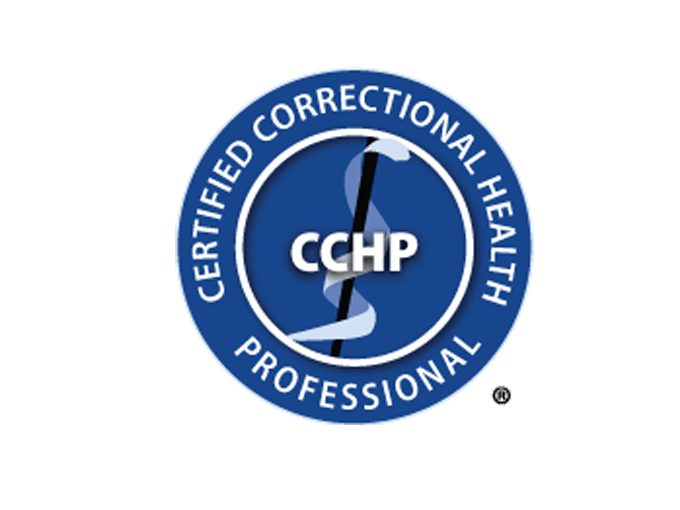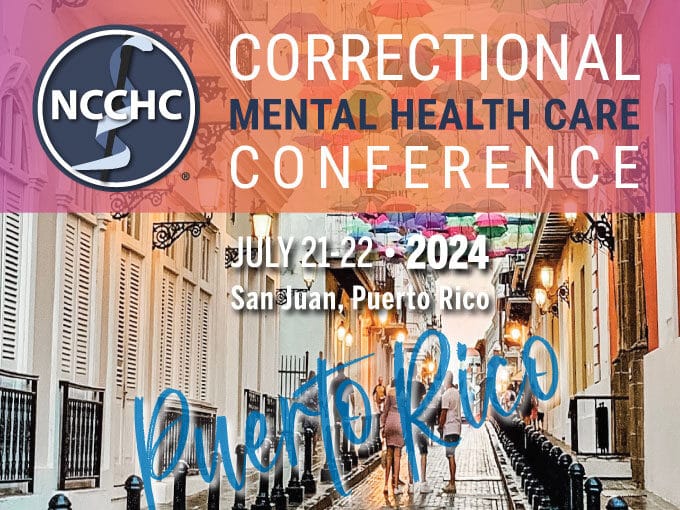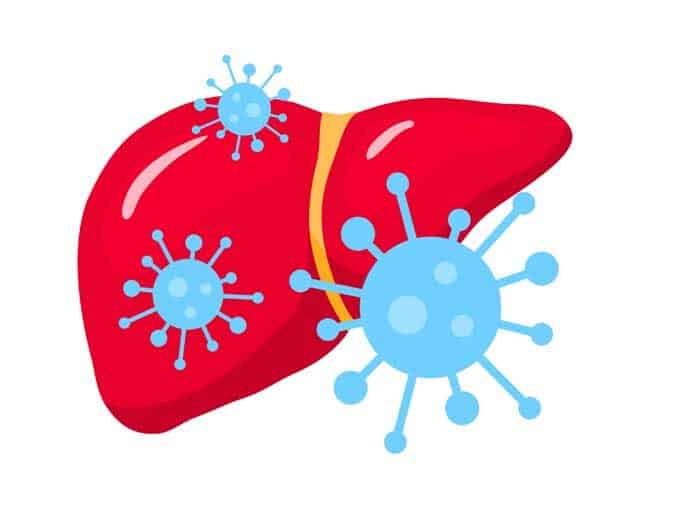
Scholarships Available for CCHP Certification and Study Materials
Five scholarships are available that pay for CCHP testing and study materials.
Home A Moment for Corrections in Pride Month
As Pride Month draws to a close, NCCHC seeks to highlight the intersection of the challenges of people of color, LGBTQ people, and the criminal justice system.
Research by the UCLA Williams Institute School of Law in 2019 found that structural racism and LGBTQ stigma likely increase risk of justice system involvement for LGBT youth of color through historical racial segregation practices, family rejection and conflict, disproportionate targeting by police, and a lack of adequate access to competent community-based resources. Some LGBTQ students are at higher risk for HIV, sexually transmitted infection, pregnancy, and related risk behaviors.
LGBT adults have a disproportionately higher risk of coming into contact with the criminal justice system with contributing factors of poverty, homelessness, and discrimination in schools and the workplace. Federal data suggests that LGBTQ people are three times as likely to be incarcerated as the general population.
In 2015, 2% of transgender respondents in a national study had been incarcerated, more than twice the rate in the general population (0.87%). The incarceration rate was several times higher among transgender people of color and low-income respondents. Transgender people of color are four times as likely as cisgender people to be unemployed, highlighting the lack of opportunities that may lead to the criminal justice system.
NCCHC’s position statement, Transgender, Transsexual, and Gender Nonconforming Health Care in Correctional Settings, first adopted in 2009, calls for all incarcerated people, including those who are transgender, to be treated with fairness, dignity, and respect.
As racial divisions in our society have burst open in 2020, our duty to help our country be more inclusive and more equitable is clear. Let’s be open to examining how mass incarceration has a disparate impact on this community.
Take a look at your facility or organization. Are there policies for nondiscrimination and antiharassment and prevention of violence and sexual abuse? Can you be an advocate for safety and respect against further hopelessness and violence? Now is the time to take a stand.
Resources:
Johns Hopkins LGBTQ+ Pride Month
Lesbian, Gay, Bisexual, Transgender and Intersex Offenders
LGBTQ Youth of Color Impacted by the Child Welfare and Juvenile Justice Systems


